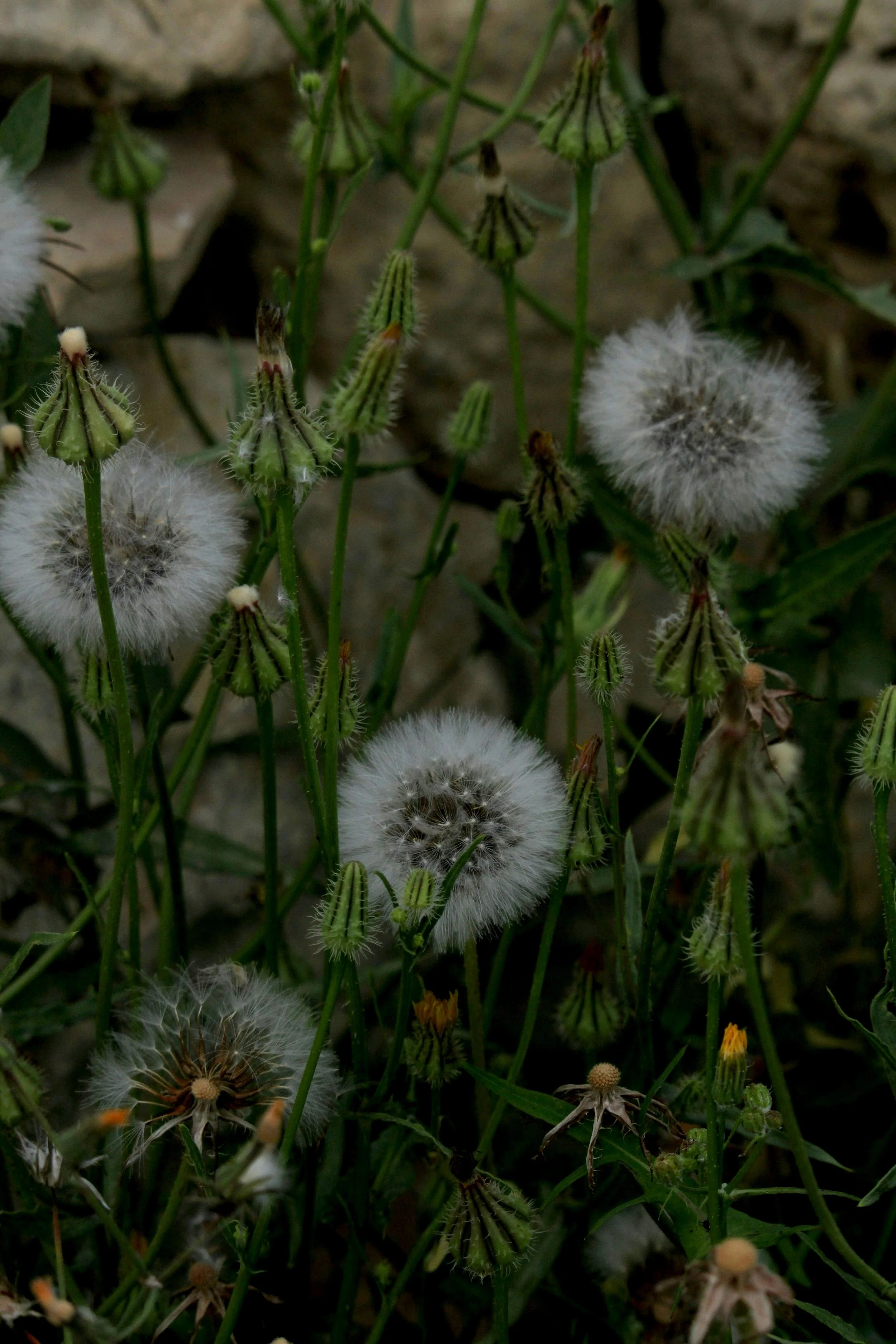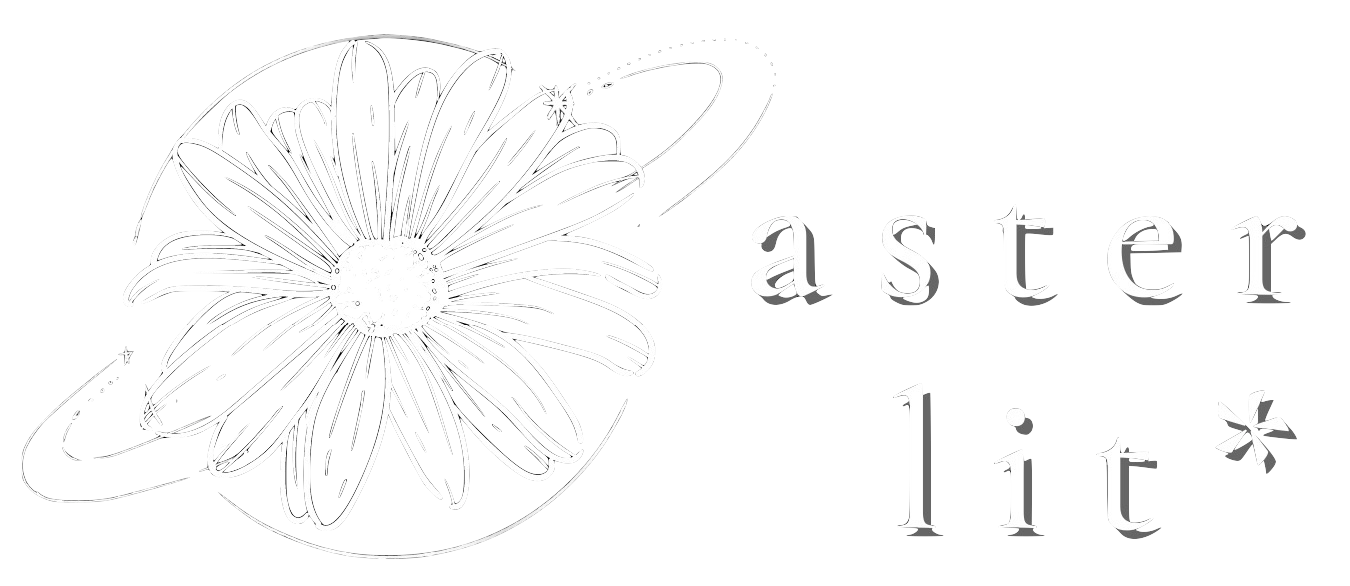
Aster Lit: translatability
Issue 12- Summer 2024
Q&A with Rakshithaa V Jaiganesh
You only define horizon as "touch-sky" in the second section of "sky," yet the entire poem takes on the form of "touch-sky," implying how central this word is to the whole piece. Why did you choose this delayed reveal, and how does that contribute to the ideas of language you hope to convey?
The delayed reveal of horizon’s definition functions as a parallel to my own life; I had gone my entire life, up until a few months ago, not knowing this word in my own language. It was only when I encountered it on Google Translate, of all places, that I was struck by the strange beauty of the word – the way it encapsulated our aspiration to touch and hold the abstract. Was it audacity to want to “trace the soft, / dark lip the sun must silently return to,” or was it a way of finding kinship with something beyond me? Language, then, functions as a container for humanity’s oldest aspiration – to confront the formless, see it eye-to-eye. This word developed its own distinct weight within me; it crept inside me slowly, quietly, and viscerally. Likewise, it is never mentioned in the first half of the poem, only acknowledged as an undercurrent; but it is realized almost immediately in the second half as something that can be touched – or, at the very least, realized by the dreaming eye.
Walk us through the poem's movement from "touch" to "sky"—"touch" feels darker, more lonely, as the narrator proclaims their hands feel like "strangers," yet starting "sky" with the first person "I" seems to take much more ownership. How does the narrator's relationship to identity and expression change as the poem progresses?
In this poem, touch and language are tied closely together. My relationship with language is described through the lens of touch – which is why “touch” feels more isolated, even from myself. Tamil – my mother tongue – is a part of me just as much as my hands are, and yet it haunts me; by writing my poems in English, am I disregarding the knowledge that is now embodied? Am I abandoning that small part of myself that inhabits the border between physical and metaphysical every time I open my mouth to speak? If the first half of my poem embodies my guilt, then the second half embodies my arrival at an oscillating closure; sometimes fulfilling, sometimes not.
In your poem you say the word for horizon should be "touch-sky" but then describe the world to be "gossamer" – a delicate substance that could be broken if touched. This is contrasted immediately with the image of "salt floods tearing through my mouth," which feels rather visceral. What do you hope to communicate with this juxtaposition, and how does this speak to the narrator's attempt to make sense of language and the natural world?
The horizon fluctuates. Every now and then the light is broken, the line momentarily disappears. For me, language is also a fluctuating phenomenon – it moves, it breathes, it adopts the shape and pulse of every mouth that holds it; it evolves over time, the way any organism would. The way I inherit and reproduce it makes my world feel like gossamer – impossibly delicate & yet much more secure than it seems. Every time I speak, it erupts behind my mouth like a small victory. I’m arriving at a point where language feels more like joy, feels like vindication. This is part of the closure I’ve arrived at regarding my language – I will never know it completely as it was, but I can know it in my own way, and it can be just as true as it was so long ago.

